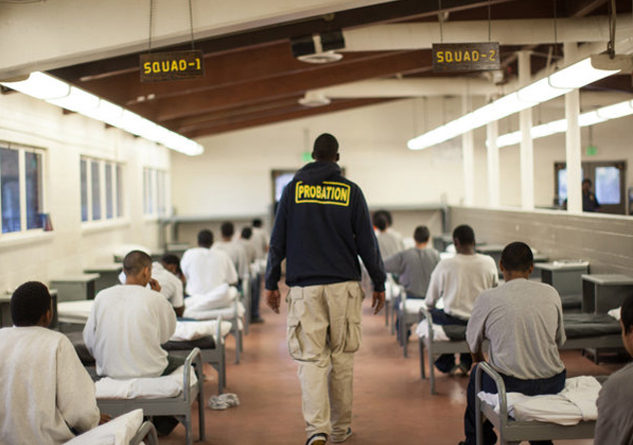Suzanne Potter
California News Service
SACRAMENTO, Calif. – A new report says the current juvenile probation system just doesn’t work – and should be revamped to focus on helping kids rather than punishing them and making them comply with complex rules.
The study explored ways of effectively modernizing probation for young people while still keeping the public safe. Steve Bishop, senior associate with the Annie E. Casey Foundation Juvenile Justice Strategy group, which produced the report, suggested diverting the massive caseloads of nonviolent youth to more focused programs aimed at positive behavior changes rather than punitive measures.
“The research that we have about adolescent development is pretty convincing that young people respond better to rewards, incentives, opportunities, experiences, things like that that better motivate them than the threat of punishment,” Bishop said.
The report advocates dramatically reducing the size of the juvenile probation population and noted that evidence shows most kids will outgrow their delinquent phase without police intervention.
David Muhammad, executive director of the National Institute for Criminal Justice Reform, supports restorative justice programs where the youth must face his or her victim and make amends.
“You’re doing something to repair the damage that you’ve created,” Muhammad said. “And that is far more effective than being locked up, having a probation officer, coming to drug test once a month, having to go to a court school, all those things that actually cause more harm.”
Fernando Giraldo runs the probation department in Santa Cruz County. He said his agency diverts 65 percent of the kids who are referred to probation – and that has helped push crime rates down.
“For kids, delinquent behavior is a symptom. But we focus on addressing the root causes of those symptoms, which I think works better at reducing crime,” Giraldo said. “Because we know we can’t arrest our way out of the problem.”
The report notes that many of the kids who commit low-level crimes are dealing with significant challenges at home, such as poverty, domestic violence and drug abuse, and recommends helping young people forge a new path rather than trying to enforce compliance with complex probation rules.






